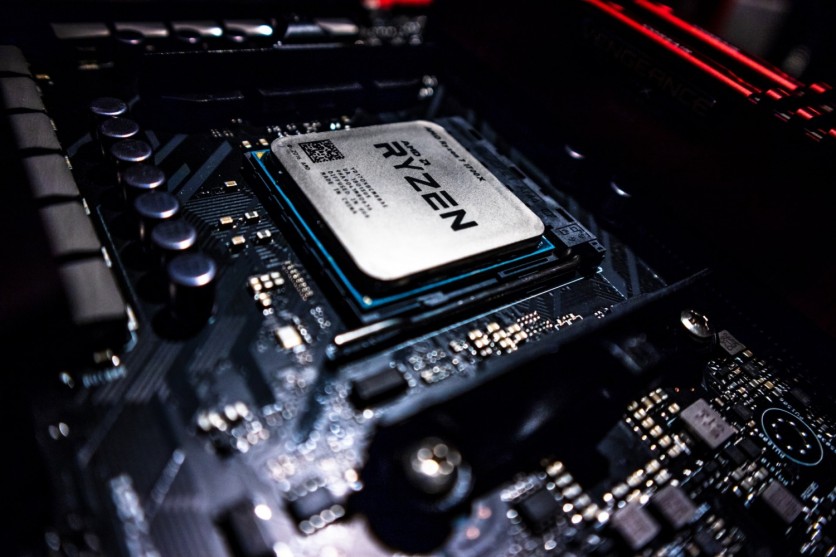
For those using Ryzen chips, AMD is warning that the chip performance could drop by a whopping 15% on Windows 11. The good news, as of the moment, is that a fix is coming soon to resolve the drop in performance.
AMD Users
AMD has been highly favored by some gamers that want more control over their PC and those that have a better understanding of specs and performance. Unlike Intel, however, Ryzen chips can be hard to tell which is better than the other with the unorthodox names for the chips.
Although not everyone is already on board with the new Windows 11, the time might come where users will have no more choice but to upgrade to Windows 11 due to Windows 10 being outdated. AMD is now working on a fix that will prevent Ryzen users from losing the much-needed performance.
Windows 11 Effect on AMD Ryzen
According to the story by PCMag, for those that are already running Windows 11 on an AMD Ryzen chip, get ready for a small performance dip. AMD noted that it has been able to uncover some sort of mysterious issue where the processor can actually trigger "reduced performance" in particular apps when running on Windows 11.
AMD's released support documents actually indicate that all of the AMD processors that are officially compatible with Windows 11 remain affected. This means that all chips date all the way back to the previous 2018's Ryzen 2000 series.
L3 Cache in AMD
A certain problem that was discovered was capable of causing the L3 cache in AMD chips which could potentially increase latency three times over. This would slow the L3 memory bank and would then drag down the access time for a number of applications.
AMD noted that the expected performance impact could be 3-5% in the affected applications. It was said that games commonly used for eSports could suffer 10-15% outliers. For those that aren't sold out whether to go AMD or Intel processors, check out this comparison.
Read Also: Intel Once Again Beats AMD With New Alder Lake Benchmark Leak
UEFI CPPC2
Another issue is the UEFI CPPC2 system which works by communicating with the OS regarding which CPU core works best when it comes to achieving high boost speed for a certain programming task. With Windows 11, however, the UEFI CPPC2 will not always preferentially schedule threads on AMD's fastest core.
This would then result in slower performance, especially for those single-threaded programs. It was noted that applications that remain sensitive to the performance of one or even a few CPU threads could show reduced performance. AMD could be launching their next-gen RDNA3 GPUs with NAVI31 and NAVI33 support.
Performance impact could be more detectable in those less than 8-core processors that are above 65W TDP. As of the moment, it is actually probably still best to wait on installing Windows 11 until the performance bugs are all ironed out. Quite fortunately, both AMD and Microsoft are already preparing fixes for the said problems, which are set to arrive this October 2021.
Related Article: D-Wave Plans to Venture Into Quantum Computing Realm Gate-Based Systems | Problems with QUBO?
This article is owned by Tech Times
Written by Urian B.
ⓒ 2026 TECHTIMES.com All rights reserved. Do not reproduce without permission.




